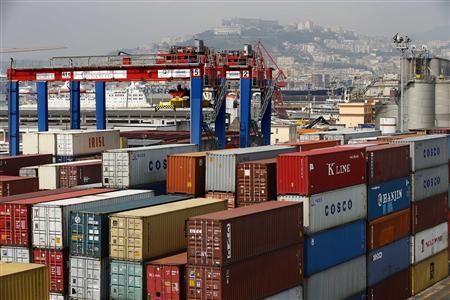ISLAMABAD: Pakistan’s exports posted a nominal growth of 1.2 percent in July compared to a year ago, reported the Pakistan Bureau of Statistics on Monday, recording $1.64 billion, up from $1.62bn over the corresponding month of the last fiscal. This would be viewed as dismal as it has come on the back of depreciation of currency multiple times over the last one year, especially since December 2017 – overall posting 17 percent fall.
On the bright side, the reported data reflects an equally tepid growth in imports, reigning in the trade deficit – the 0.6pc growth in July taking it to $4.84bn from $4.8bn a year ago. The 0.3pc trade deficit in July made it the lowest monthly growth in the last 12 months, reining in the overall trade deficit to $3.19bn
As the trade deficit is tapering off, if the trend continues the PTI government may be able to breathe a trifle easy.
Dwindling by 1pc, export proceeds in 2018 reported negative growth. The decrease being the first after months on the recovery curve since 2017 was indeed surprising.
In the last 18 months, the federal government’s cash support in promoting textile and clothing exports has been paltry Rs32bn under a special prime minister’s package and textile policy.
Meanwhile, the import bill has been on the rise owing to a greater influx of capital goods, petroleum, and food products.
The overall import bill rose 15.04pc to $60.86bn for fiscal year 2017-18.
The growing trade deficit poses one of the most serious challenges for the government. The previous government was largely responsible for the current account deficit that has depleted the country’s foreign exchange reserves.
The last fiscal saw the trade deficit leapfrog to an all-time high of $37.6bn –15.8pc in terms of year-on-year growth.
In 2013, when the PML-N government was sworn in, Pakistan’s annual trade deficit was $20.44bn. But since then it has inexorably risen, before hitting the unsustainable peaks this fiscal.
The commerce ministry is said to be working on the twain of policy reform and administrative control, mostly to no avail.
The falling rupee has meanwhile meant that cost of raw materials and semi-finished products needed for exportable products also showed a marked increase, the double whammy being the highest ever regulatory duties.




